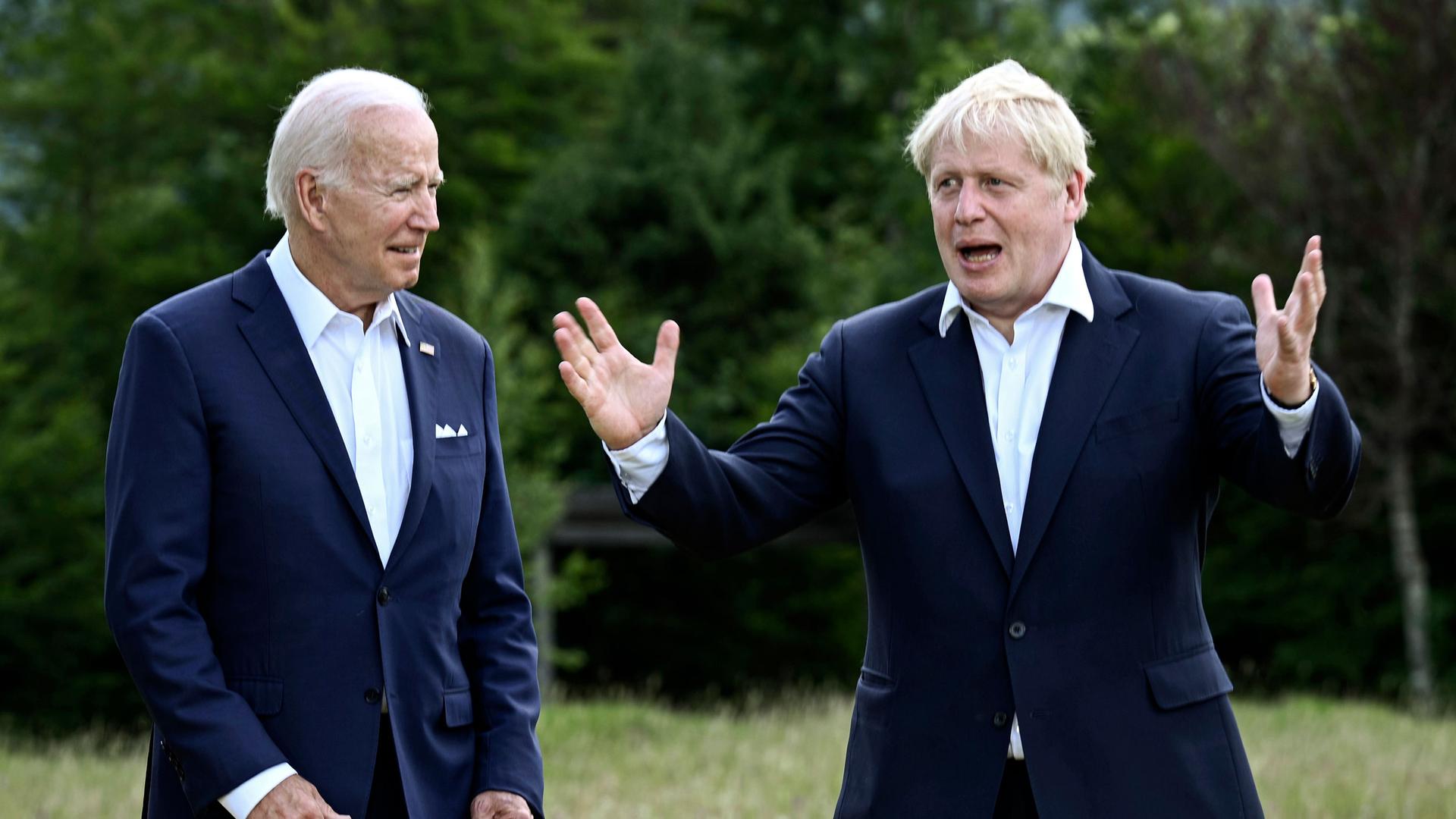This analysis was featured in Critical State, a weekly foreign policy newsletter from Inkstick Media. Subscribe here.
What does it mean when a leviathan turns to schoolyard taunts? States, as superstructures made of people, are subject to actions taken by those individuals. Diplomacy is adults talking with permission to set terms. So, why might a state, or its representatives, choose to insult another state?
That’s the central question at the heart of “’Filthy Lapdogs,’ ‘Jerks,’ and ‘Hitler’: Making Sense of Insults in International Relations,” in which Elise Rousseau and Stephane J. Baele examine the function of undiplomatic language.
“Our central contention is indeed that international insults constitute both at once tactical tools used to achieve interests by disrupting an interaction and modifying the payoffs associated with it and linguistic artifacts constructing and sharpening self- and other identities,” write the authors.
The paper was published in the fall of 2020, and the presence of President Donald Trump lingers heavily over the entire draft, though the authors take lengths to show his approach is hardly singular in the history of world politics. Twenty-first century leaders like Britain’s Boris Johnson and Venezuela’s Hugo Chavez feature, as do giants of the 20th century like President Richard Nixon and Soviet Premier Nikita Khrushchev. There are even prior examples, such as a 19th century letter used to nudge President William McKinely toward the Spanish-American war or the 1870 telegram edited by Chancellor Otto von Bismarck, used to spark the Franco-Prussian War.
Insults have a long history in international relations, sometimes with bloody consequences. Instead of treating these insults as irrational behavior, Rousseau and Baele instead look for the instrumental function behind name-calling.
“In the pragmatic literature, insults are considered ‘successful’ when they destabilize the target and, in so doing, create a new social situation. Therefore, insults are understood in opposition to the intuitive idea that they tend to be irrational outbursts of aggressiveness,” write the authors. “On the contrary, they are conceptualized as potentially advantageous linguistic devices that can be used tactically by individuals conducting their social interactions with broader strategic goals in mind.”
States and their agents use insults to disrupt and challenge the existing polite theater of diplomatic norms. Earlier this year, Critical State wrote about the Trump administration’s diplomacy as specifically following the beats of professional wrestling.
“The international insults used to qualify the EU in the wake of the Brexit vote were also used instrumentally in a bid to shift UK national identity, and yet they tabled on much broader background discursive formations that preceded the vote,” write the authors.
These insults have both international and domestic audiences, and they can sharpen divisions while bolstering the in-group appeal of the speaker’s followers. It’s a tool in the diplomats’ toolkit, though, as the authors note, when insults become a habit for world leaders, they are much easier to ignore than when they are carefully chosen and used rarely.
“In an international environment where actors seek to preserve face and material interests alike, insults are a potentially powerful linguistic instrument to gain advantages, to destabilize a rival and force him/her into a reaction, to disrupt cooperation or secure connivance, or even to alter the structure of the system,” the authors conclude.
Critical State is your weekly fix of foreign policy analysis from the staff at Inkstick Media. Subscribe here.
